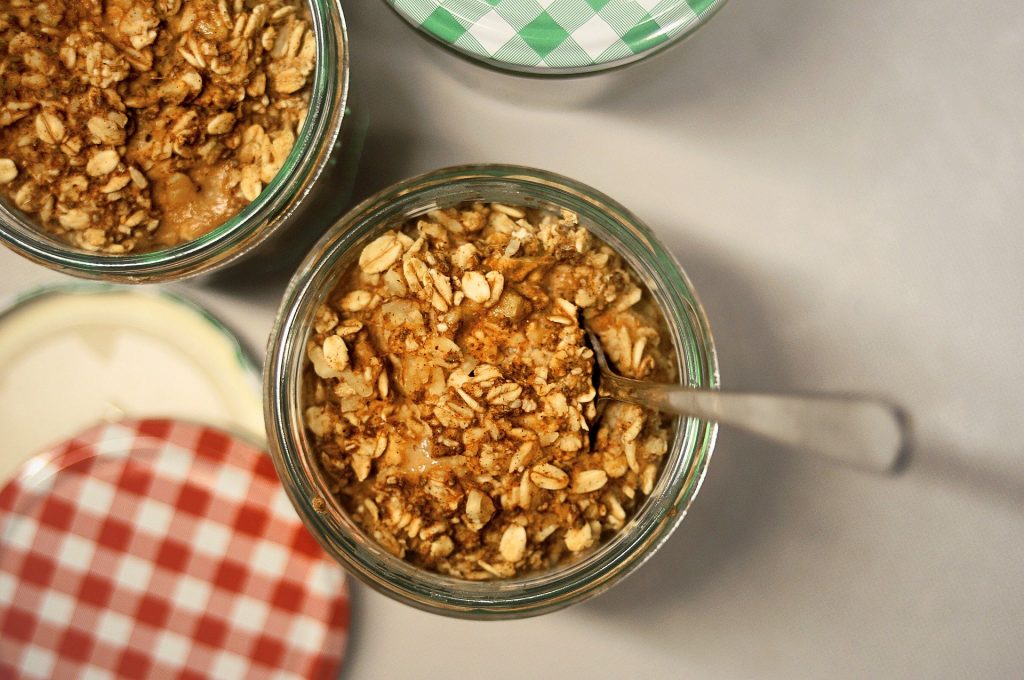What to Expect After Gall Bladder Removal

More than 600,000 people a year undergo surgery for gall bladder removal. Most cholecystectomies (gall bladder removal surgeries) are done with the new laparoscopic technique. This makes recovery much faster. In fact, most people who have laparoscopic surgery can leave hospital on the same day as the operation.
Activity After Gall Bladder Removal
- It’ll usually take around 2 weeks to return to your normal activities.
- Start off with gentle exercises like walking and be careful not to push yourself too hard, too soon.
- Best practice is to wait a week or so before driving again. Make sure that you can wear a seatbelt.
Dietary Changes after Gall Bladder Removal
If you’re like most people, you won’t experience digestive problems after your surgery. Most people can return to a normal diet within a month of having gallbladder surgery. But if you do have trouble, you may need to avoid certain foods. Try modifying your diet for a short time. If you still have discomfort (bloating, diarrhea, and gas), then you may need to make lasting changes.
Start off with clear liquids, broth, and gelatin at first. As you improve, you can slowly introduce solid foods back into your diet.
High-Fat Foods
While your body adjusts, for a few weeks after your gallbladder removal, avoid high-fat foods such as:
- Fried foods, like french fries and potato chips
- High-fat meats, such as bacon, bologna, sausage, ground beef, and ribs
- High-fat dairy products, such as butter, cheese, ice cream, cream, whole milk, and sour cream
- Pizza
- Foods made with lard or butter
- Chocolate
- Oils, especially palm and coconut oil
High-Fiber Foods
Certain high-fiber and gas-producing foods can also cause discomfort after gallbladder surgery, so you may want to introduce them slowly back into your diet. These foods include:
- Whole-grain breads and cereals
- Nuts and seeds
- Legumes
- Broccoli, cauliflower and cabbage
Soluble Fiber
You may benefit from including more soluble fiber in your diet, since it can help regulate bowel movements. Good sources of soluble fiber include oats and barley.
Best Tips: Avoid larger meals, since your body can no longer store as much bile as before. Smaller, more frequent meals may be easier to digest. Spicy foods may also cause digestive upset for a time after gallbladder removal.
Keep a Journal
To figure out what foods, if any, are causing problems after your surgery, you may want to consider keeping a food journal. Use this journal to record when you add foods back into your diet and any digestive symptoms you’re experiencing. This will help you to make a connection between the two.
